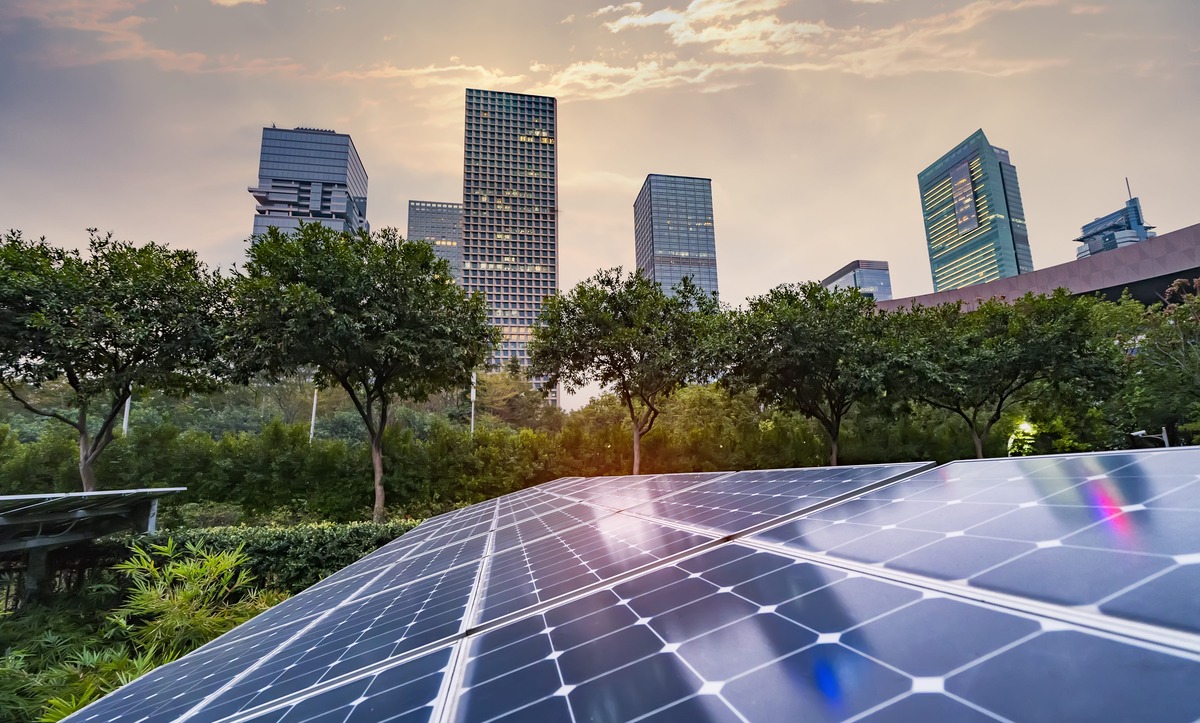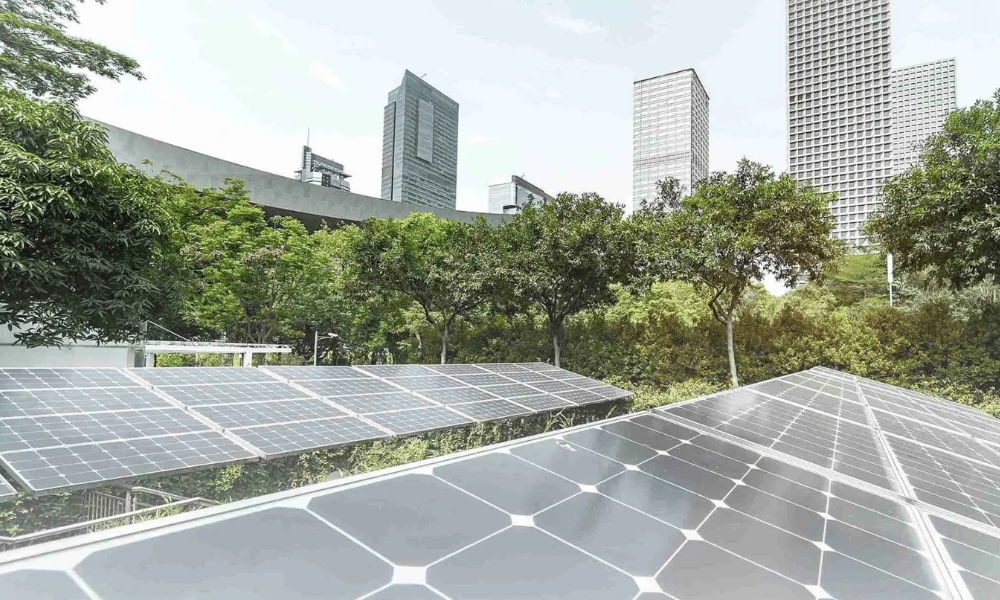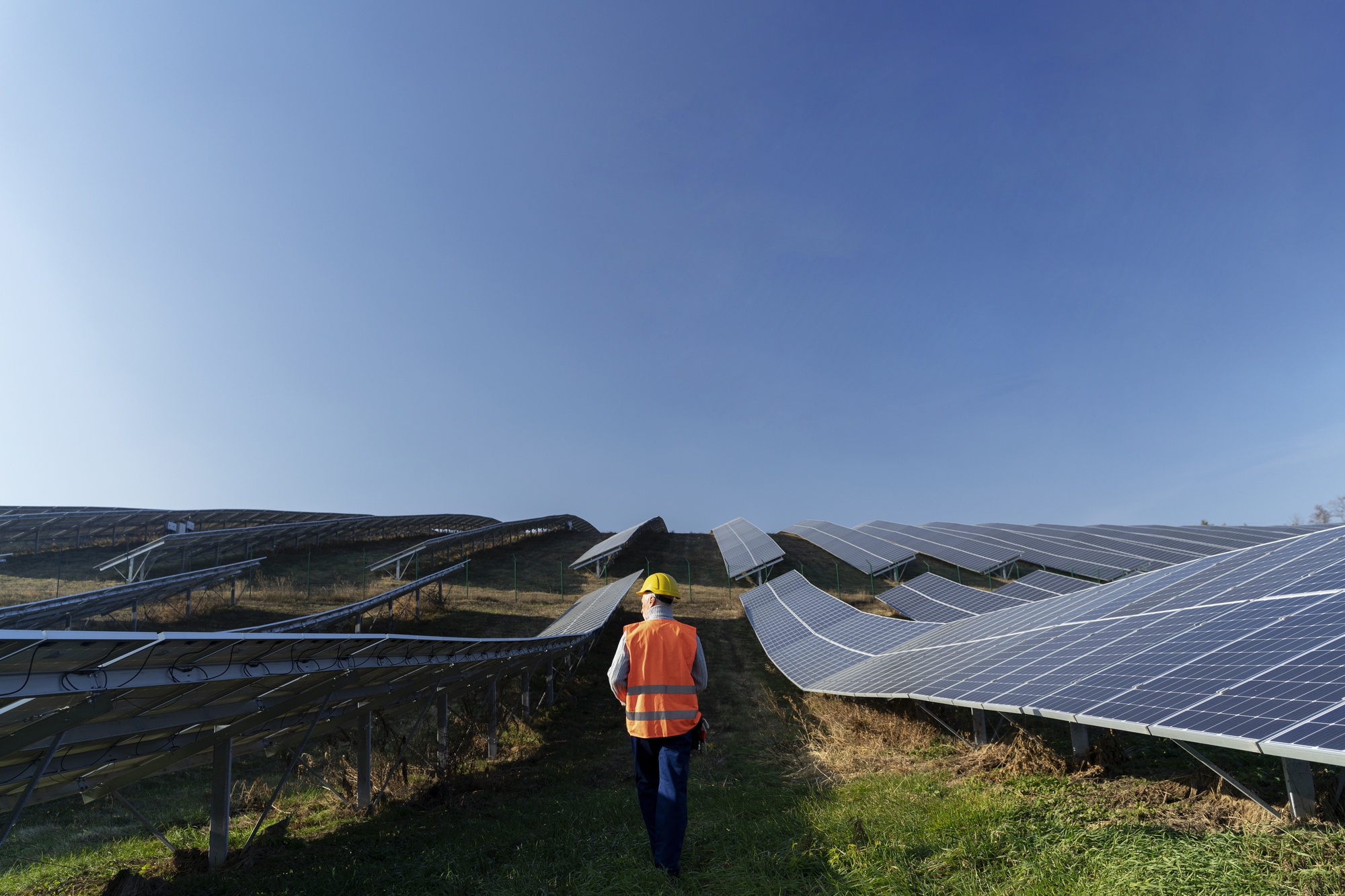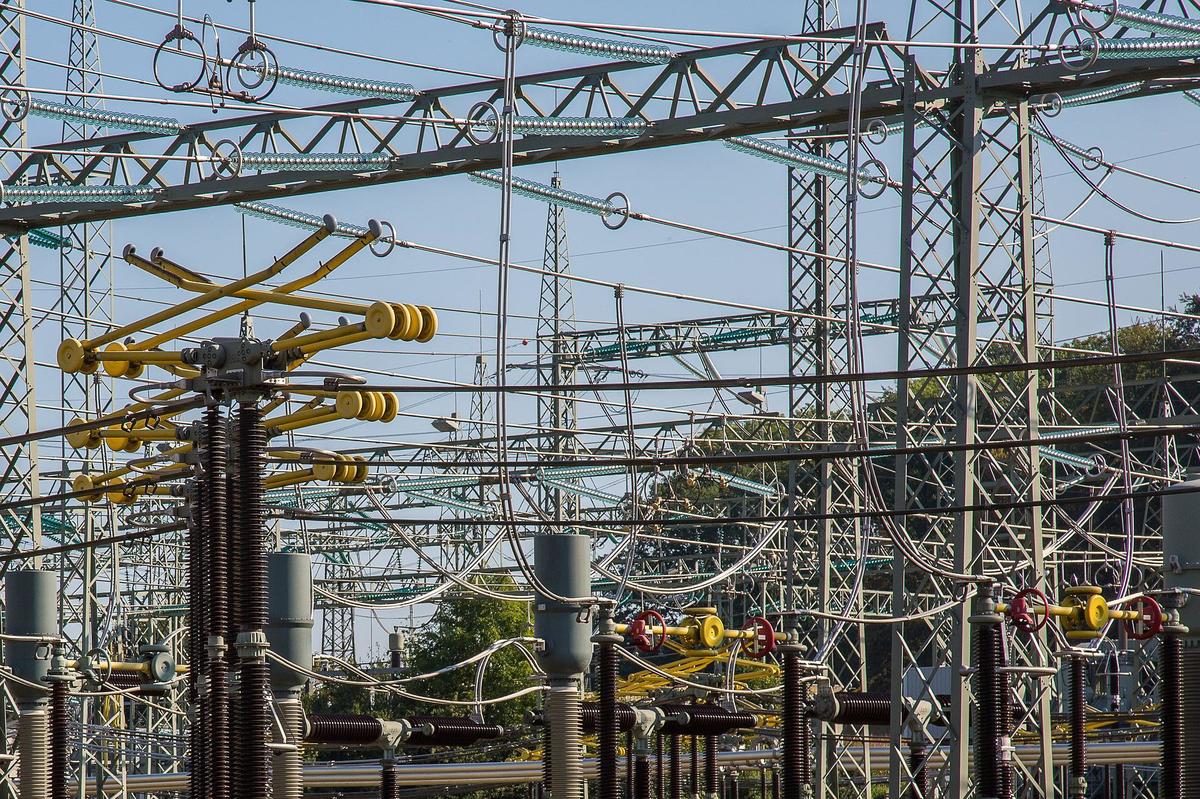| Do You Know? India has set a target of generating 40% of its electricity from non-fossil fuels by 2030. |
Hartek Group is contributing to boosting sustainable energy production and use in India. We are among India’s top four rooftop solar companies, offering more than 75 megawatts of rooftop solar panels solutions.
In an age of climate change, depleted fossil fuel supplies, and rising energy demand, renewable energy has emerged as a beacon of hope. It is more than simply a change in how we power our world; it is a fundamental rethinking of our relationship with energy and the environment.
As we explore why sustainable energy is important, we’ll consider its significance, the urgent need for adoption, its many advantages, and why it’s becoming the foundation of our energy future. Let us go on this trip to discover the transforming potential of renewable energy with Hartek Group leading the way.

Why is sustainable energy essential?
The value of renewable energy cannot be emphasized. Here’s a more detailed look at why it matters:
- Energy Security: Many nations rely significantly on imported fossil fuels, leaving them subject to price volatility and geopolitical instability. Sustainable energy, which is locally generated, improves energy independence and security.
- Economic Growth and Job Creation: Renewable energy is a significant driver of economic growth. Investments in renewable energy infrastructure, such as solar panel installations can create millions of new jobs in the clean energy sector.
- Technological Innovation: The search for sustainable energy promotes progress in various disciplines. From more efficient solar cells to sophisticated energy storage technologies, the hunt for sustainable energy is driving innovation in various industries.
- Resource Conservation: Renewable energy sources are plentiful, while fossil fuels are limited. Transitioning to sustainable energy helps to conserve these limited resources for critical applications when alternatives are not yet accessible.
Need for Sustainable Energy
- Growing Energy Demand: As global energy demand rises, it is critical to satisfy it responsibly to avoid resource depletion and combat climate change. Using renewable energy sources secures a steady and sustainable energy supply for future generations while also protecting the environment.
- Air Pollution and Public Health: Transitioning to renewable energy sources may improve air quality, lowering respiratory and cardiovascular disease rates while improving general public health.
- Energy Poverty: Sustainable energy solutions, such as solar household systems, supply power to rural and underserved regions quicker and more cost-effectively, enhancing quality of life and stimulating economic growth.
- Water Conservation: Renewable energy sources such as solar and wind consume substantially less water, so conserving this valuable resource and guaranteeing its availability for other essential purposes.
- Biodiversity Protection: Sustainable energy sources have a far lesser effect on biodiversity, so they help conserve natural ecosystems and the species that rely on them.
Benefits of Sustainable Energy
The advantages of sustainable energy go far beyond environmental protection:
- Cost Competitiveness: According to a report released by IRENA, renewable energy costs have declined by up to 70% over the last decade compared with fossil fuels, making renewables more cost-competitive with conventional power. Solar PV costs have plummeted 80% while wind turbine costs have seen similar decreases of 50% in India alone.? As technology advances and grows, renewable energy becomes more cost-competitive.
- Energy Price Stability: Unlike fossil fuels, which fluctuate in price, renewable energy sources provide more stable and predictable energy costs in the long run.
- Resilience: During catastrophic weather events or other disturbances, places with local renewable energy production may keep electricity running even if the more extensive system fails.
- Rural Development: Renewable energy projects, especially those using wind and solar energy, may create economic possibilities in rural regions by providing farmers with land leasing payments and local communities with tax income.
- Improved Energy Access: In many regions of the globe, renewable energy technologies are the quickest and most cost-effective means to provide power to underserved areas.
- Reduced Geopolitical Tensions: As nations rely less on imported fossil fuels, the likelihood of energy-related wars may reduce.
Why Industries should opt for clean/renewable energy??
The argument for sustainable energy is persuasive and varied.
- Environmental Sustainability: Clean/renewable energy sources lower companies’ carbon footprint and environmental effect. Industries can reduce climate change, air pollution, natural resource depletion, and promote a sustainable future by using less fossil fuels.
- Regulatory Compliance and Reputation: Many areas have stringent greenhouse gas emission and renewable energy requirements. Industries may avoid fines and hazards by implementing renewable energy solutions to comply with existing and future environmental standards.
| Did you know?As per the Bloomberg New Energy Finance Reports that Solar and wind power are currently the most affordable sources of new energy for two-thirds of the world’s population. |
- Energy security and resilience: Clean and renewable energy sources improve industry energy security and resilience. Diversifying energy sources and minimizing fossil fuel imports may help enterprises become more energy independent and reduce supply chain interruptions.
Bottom Line
As we face the difficulties of the twenty-first century, renewable energy emerges as a critical answer to many of our most urgent issues. It envisions a future in which energy generation is clean, economical, and available to everyone. Hartek Group understands this need and is working on it. By installing over 10 gigawatts of solar energy on the national grid, reducing carbon emissions by 250 million tonnes, we are going beyond in boosting sustainable power consumption.
By adopting sustainable energy, we not only change how we power our planet but also ensure a better, cleaner, and wealthier future for future generations. The energy transformation has begun, and its success will define this century.
FAQ’s:-
1. Why is sustainable energy important?
Sustainable energy reduces carbon emissions, ensures energy security, and promotes economic growth while preserving natural resources.
2. How does Hartek Group contribute to sustainable energy?
Hartek Group is among India’s top rooftop solar providers, contributing over 75 MW of solar energy and 10 GW to the national grid.
3. What are the economic benefits of using sustainable energy?
It lowers energy costs, creates jobs in clean energy sectors, and promotes technological innovations in solar and wind energy.
4. How does sustainable energy impact the environment?
It reduces reliance on fossil fuels, decreases air pollution, conserves water, and helps protect biodiversity and ecosystems.
5. Why should industries switch to renewable energy?
Industries benefit from regulatory compliance, energy cost stability, reduced carbon footprint, and improved corporate reputation.
Share:
Explore More
Keep up-to-date with the most trending news stories that are shaping the world today.








